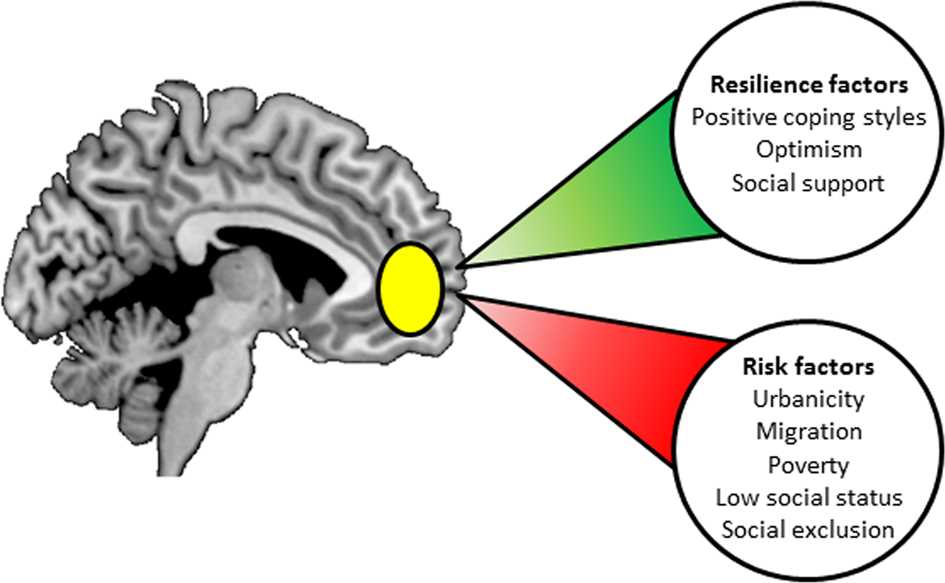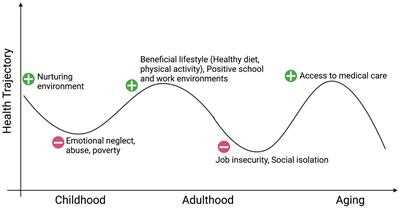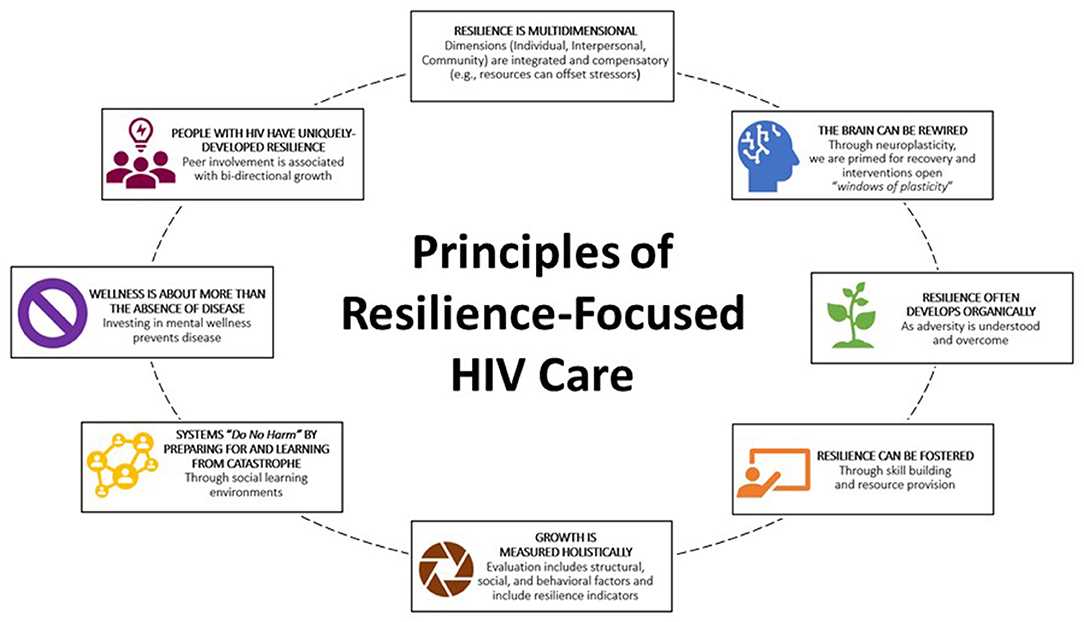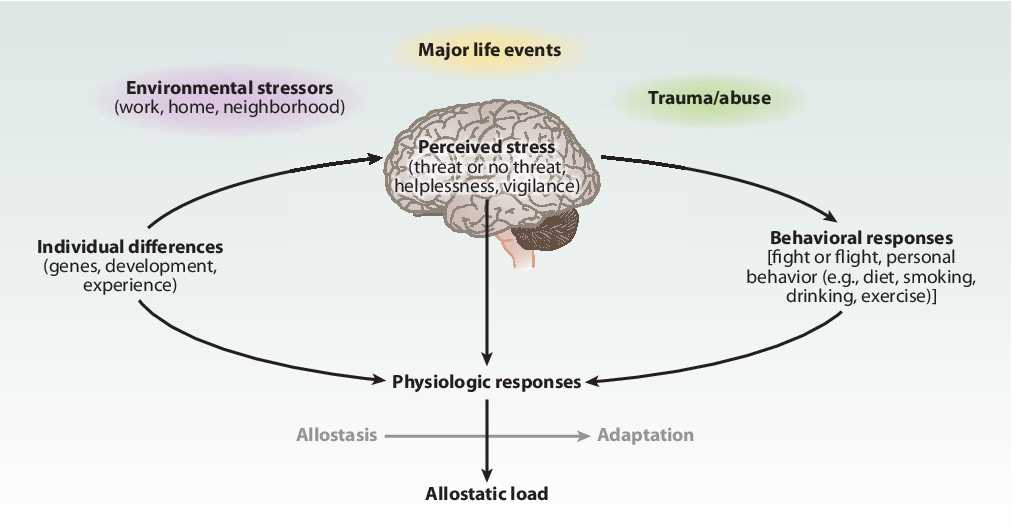
Stress is an inevitable part of life, and our brains have evolved to cope with it. However, not all individuals respond to stress in the same way. Some people are more resilient, bouncing back quickly from stressful events, while others may develop long-term negative effects on their mental and physical well-being. Understanding the mechanisms behind resilience is a crucial area of research, and recent studies have shed light on the role of epigenetics and brain plasticity in this process.
Epigenetics refers to changes in gene expression that do not involve alterations to the underlying DNA sequence. It is a dynamic and reversible process that can be influenced by various environmental factors, including stress. Studies have shown that exposure to chronic stress can lead to epigenetic modifications in specific genes associated with stress response and resilience. These modifications can alter the expression of genes involved in the regulation of mood, cognition, and behavior, ultimately influencing an individual’s ability to cope with stress.
Brain plasticity, or neuroplasticity, refers to the brain’s ability to reorganize and adapt in response to environmental changes. It is a fundamental property of the brain that allows us to learn, remember, and recover from injury. Research has shown that chronic stress can have detrimental effects on brain plasticity, particularly in regions involved in emotion regulation and stress response, such as the prefrontal cortex and the hippocampus. However, studies also suggest that resilience may be associated with enhanced brain plasticity, allowing individuals to better recover from the negative effects of stress.
Understanding the complex interplay between stress, epigenetics, and brain plasticity is crucial for developing effective interventions to promote resilience and prevent the development of stress-related disorders. By identifying the specific genes and epigenetic modifications associated with resilience, researchers can potentially develop targeted therapies to enhance resilience in individuals who are more susceptible to the negative effects of stress. Furthermore, strategies that promote brain plasticity, such as mindfulness training and physical exercise, may also play a role in promoting resilience and mitigating the impact of stress on the brain.
Understanding Stress Epigenetics
Epigenetics refers to the study of changes in gene expression that are not caused by alterations in the DNA sequence itself. It involves modifications to the structure of DNA or the proteins associated with it, which can turn genes on or off.
Plasticity, on the other hand, refers to the brain’s ability to change and adapt in response to experiences and environmental factors. This includes the ability to rewire neural connections and modify neuronal circuits.
Resilience is the capacity to recover from stress and adversity. It is influenced by a combination of genetic and environmental factors, including epigenetic modifications and brain plasticity.
Understanding stress epigenetics is crucial in comprehending the mechanisms by which stress can have long-lasting effects on the brain and behavior. Chronic stress can lead to changes in gene expression through epigenetic modifications, which can then impact brain plasticity and resilience.
Studies have shown that stress can alter DNA methylation, histone modifications, and microRNA expression, all of which are epigenetic mechanisms that can regulate gene expression. These changes can affect the function of genes involved in stress response, neurodevelopment, and synaptic plasticity.
Furthermore, stress-induced epigenetic modifications can persist long after the stressor has been removed, contributing to the development of mental health disorders such as depression, anxiety, and post-traumatic stress disorder.
Research in this field is still ongoing, but it holds promise for the development of interventions and therapies that can target stress-induced epigenetic changes and promote resilience. By understanding the complex interplay between epigenetics, plasticity, and stress, we can gain insights into the underlying mechanisms of stress-related disorders and work towards more effective treatments.
The Role of Epigenetics in Stress Response

Stress is a common experience in our pursuit of resilience. It affects our mental and physical well-being, and our ability to adapt and cope with challenges. While some individuals are more resilient to stress, others may succumb to its negative effects.
Epigenetics, the study of changes in gene expression without alterations in the DNA sequence, has emerged as a key player in understanding the mechanisms underlying stress response. It explores how our environment and experiences can influence gene expression and shape our response to stress.
Research has shown that stress can induce epigenetic modifications, such as DNA methylation and histone modifications, which can alter gene expression patterns. These modifications can have long-lasting effects on the brain and other organs involved in the stress response.
Furthermore, epigenetic changes can influence the plasticity of the brain, allowing it to adapt and rewire itself in response to stress. This plasticity is crucial for resilience, as it enables the brain to recover and bounce back from stressful experiences.
Understanding the role of epigenetics in stress response is important for developing strategies to promote resilience and mitigate the negative effects of stress. By targeting epigenetic mechanisms, researchers hope to identify potential therapeutic interventions that can enhance resilience and improve mental health outcomes.
In conclusion, epigenetics plays a critical role in shaping our response to stress. It provides insights into the underlying mechanisms of resilience and offers potential avenues for intervention. By unraveling the complex interplay between stress, epigenetics, and brain plasticity, we can better understand how to navigate the challenges of life and promote well-being.
Epigenetic Modifications and Gene Expression

Epigenetic modifications play a crucial role in regulating gene expression and ultimately shaping the plasticity of the brain in response to stress. Stressful experiences can lead to changes in the epigenome, which are heritable modifications that do not involve changes in the DNA sequence itself. These modifications can alter the accessibility of genes and affect their expression, allowing the brain to adapt to stressful environments and promote resilience.
One of the key mechanisms through which epigenetic modifications regulate gene expression is DNA methylation. DNA methylation involves the addition of a methyl group to the DNA molecule, which can silence gene expression by blocking the binding of transcription factors. Studies have shown that stress can lead to alterations in DNA methylation patterns in the brain, particularly in regions involved in stress response and emotional regulation.
Another important epigenetic modification is histone modification. Histones are proteins that package DNA into a compact structure called chromatin. Modifications to histones, such as acetylation or methylation, can influence the accessibility of genes by loosening or tightening the chromatin structure. Stress has been shown to affect histone modifications in the brain, leading to changes in gene expression patterns that are associated with stress resilience.
Furthermore, non-coding RNAs, such as microRNAs, also play a role in epigenetic regulation. MicroRNAs are small RNA molecules that can bind to messenger RNAs (mRNAs) and prevent their translation into proteins. Stress can alter the expression of microRNAs, leading to changes in the levels of specific proteins in the brain that are involved in stress response and resilience.
Overall, epigenetic modifications provide a mechanism through which the brain can dynamically respond to stress and promote resilience. Understanding the complex interplay between stress, epigenetics, and brain plasticity is crucial for developing interventions that can enhance resilience and mitigate the negative effects of stress on mental health.
| Key Points |
|---|
| – Epigenetic modifications regulate gene expression and shape brain plasticity in response to stress. |
| – DNA methylation can silence gene expression by blocking the binding of transcription factors. |
| – Histone modifications can influence gene accessibility by modifying chromatin structure. |
| – Non-coding RNAs, such as microRNAs, can regulate gene expression by binding to messenger RNAs. |
Exploring Brain Plasticity
Brain plasticity refers to the brain’s ability to adapt and change in response to various factors, including stress. The pursuit of resilience in the face of stress involves understanding the mechanisms of brain plasticity and how they can be harnessed to promote mental well-being.
Stress has been shown to have both positive and negative effects on brain plasticity. On one hand, acute stress can enhance certain aspects of brain plasticity, such as improving memory and learning. On the other hand, chronic stress can have detrimental effects on brain plasticity, leading to cognitive impairments and mental health disorders.
Epigenetics, the study of changes in gene expression without changes to the underlying DNA sequence, plays a crucial role in brain plasticity. Epigenetic modifications can occur in response to stress and can influence the expression of genes involved in plasticity. Understanding these epigenetic changes can provide insights into the mechanisms underlying resilience and the development of therapeutic interventions.
Research has shown that various factors can influence brain plasticity, including environmental enrichment, physical exercise, and cognitive stimulation. These factors can promote the growth of new neurons and the formation of new synaptic connections, enhancing brain plasticity and resilience.
In conclusion, exploring brain plasticity is essential in the pursuit of resilience in the face of stress. Understanding the mechanisms underlying brain plasticity, including the role of epigenetics, can provide valuable insights into promoting mental well-being and developing interventions to mitigate the negative effects of stress.
The Dynamic Nature of the Brain

The brain is a highly dynamic and adaptable organ, constantly undergoing changes in response to various stimuli. This phenomenon, known as brain plasticity, is crucial for the brain’s ability to learn, adapt, and recover from stress and adversity.
Stress is a natural part of life, and the brain has evolved to respond to stress in order to ensure survival. However, chronic or severe stress can have detrimental effects on the brain and overall health. This is where the pursuit of resilience becomes important.
Resilience refers to the brain’s ability to bounce back and recover from stress and adversity. It is not a fixed trait, but rather a dynamic process that can be influenced by various factors, including genetics, environment, and epigenetics.
Epigenetics is the study of how gene expression can be influenced by environmental factors. It involves changes in gene activity and expression that do not involve changes to the underlying DNA sequence. Epigenetic modifications can occur in response to stress and can have long-lasting effects on brain function and plasticity.
Understanding the dynamic nature of the brain and the factors that contribute to resilience can have important implications for mental health and well-being. By harnessing the brain’s plasticity and promoting resilience, it may be possible to mitigate the negative effects of stress and improve overall brain health.

I am Patrina de Silva, a psychologist and mental health blogger in Sri Lanka. After obtaining psychology degrees from the University of Colombo and Monash University, I returned home to work as a counselor while also starting the popular blog “Pressy but Happy” to provide advice on psychological issues. Over the past decade, my empathetic articles have made my blog a leading mental health resource in the country. In addition to writing, I maintain a private therapy practice, frequently volunteer counseling time, and conduct seminars, driven by my passion for destigmatizing mental illness and educating the public on the mind-body connection. I strive to be an influential voice in my field through my compassionate approach.
